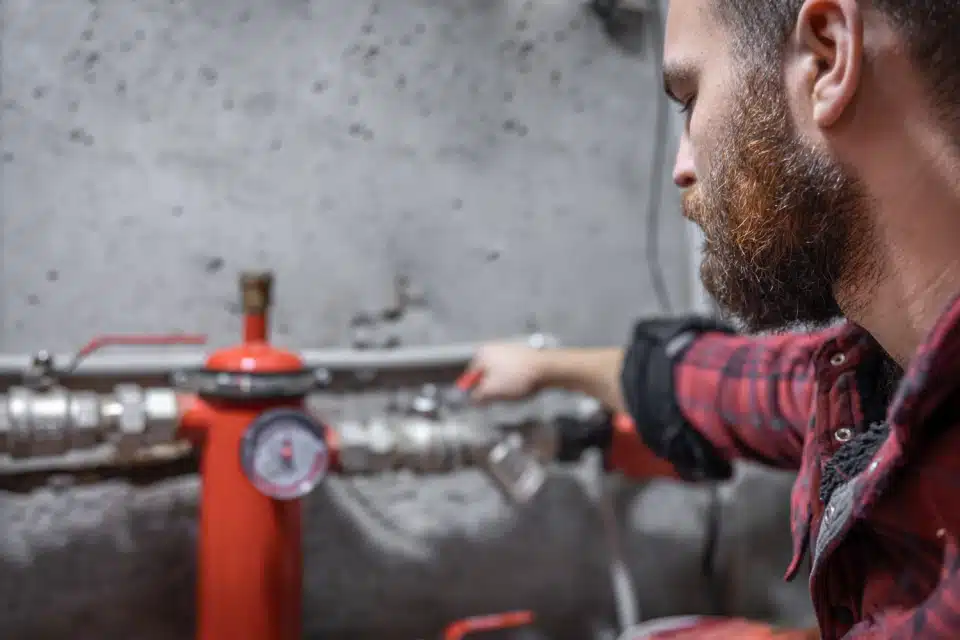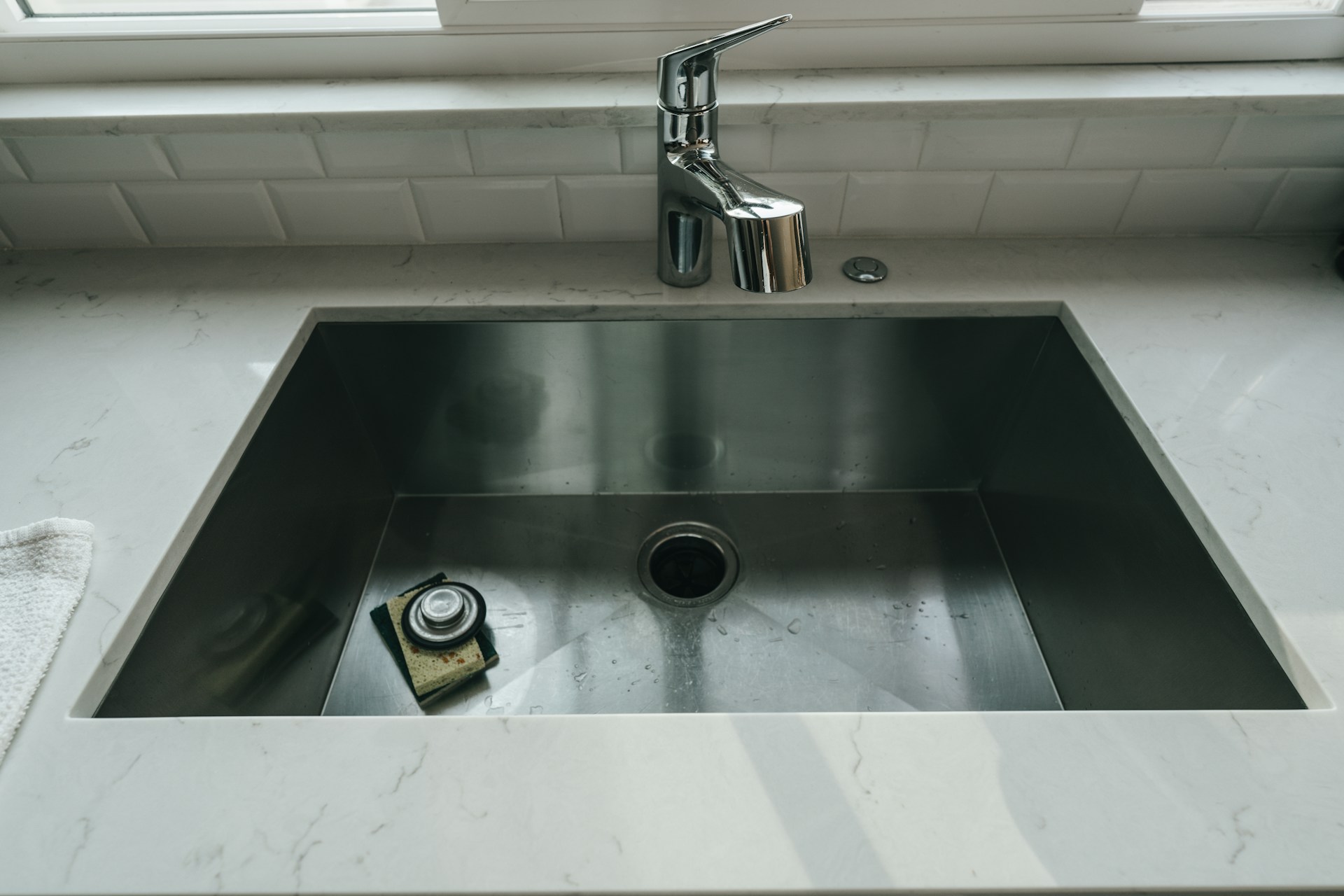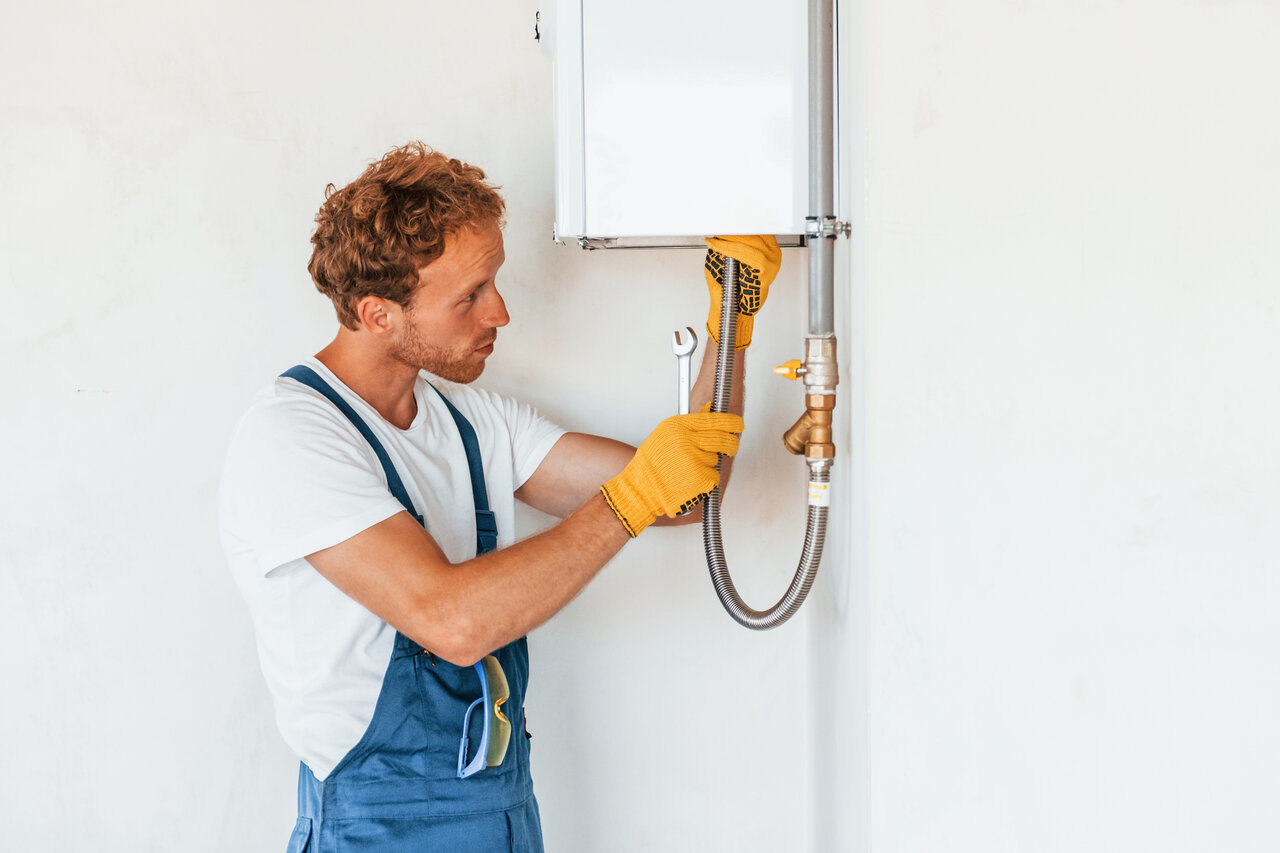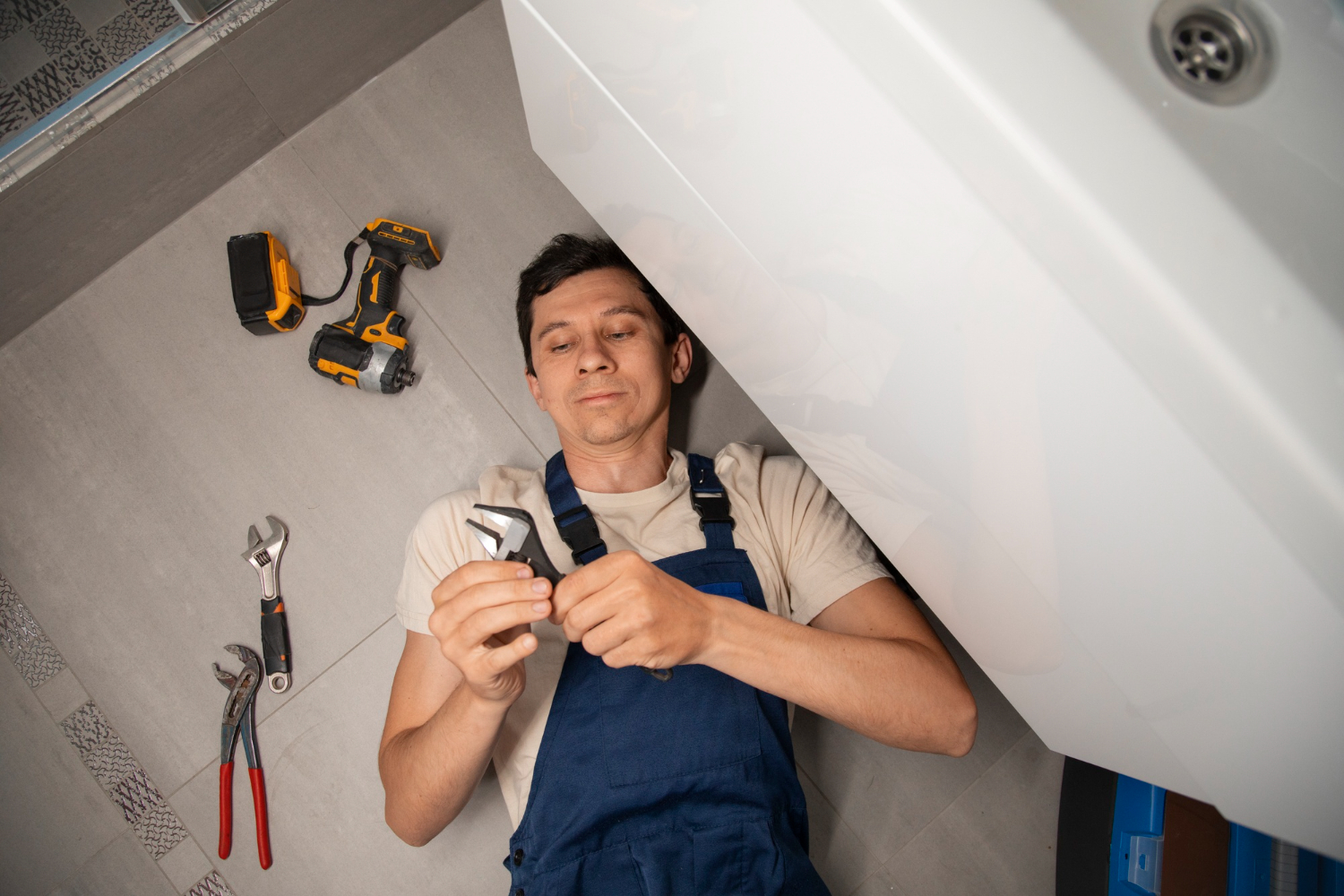
Gas leaks are a serious hazard that can pose significant risks to your home and family. Detecting a gas leak early and responding quickly can prevent potential disasters. Natural gas is colorless and odorless, but utility companies add a distinctive odor to help you identify leaks.
Knowing the signs of a gas leak is the first step in ensuring your safety. A gas leak can cause physical symptoms like headaches, dizziness, or even more severe health issues. It can also lead to dangerous situations, including fires and explosions. Therefore, it’s essential to understand what to look for and how to react if you suspect a leak.
In this article, we will discuss the common signs of a gas leak, the steps to take immediately if you suspect a leak, preventive measures to avoid future leaks, and the importance of knowing when to call in a professional. Being informed and prepared can help you protect your home and loved ones from the dangers of gas leaks.
Common Signs of a Gas Leak in Your Home
Recognizing the signs of a gas leak can help you respond quickly and avoid potential dangers. Here are some common indicators that you may have a gas leak in your home:
1. Distinctive Odor: Natural gas has a distinct smell of rotten eggs or sulfur. This odor is added to the gas to make it easily detectable. If you notice this smell, it likely indicates a gas leak.
2. Hissing Sound: A hissing or whistling noise near a gas line or appliance can signal a gas leak. This sound occurs when gas escapes from a small opening in the pipe or connector.
3. Physical Symptoms: Exposure to a gas leak can cause various physical symptoms, including headaches, dizziness, nausea, difficulty breathing, and fatigue. Prolonged exposure can lead to more severe health issues.
4. Dead Plants: If you notice dead or dying plants in your yard or inside your home near gas lines, it could indicate a gas leak. Natural gas can cause plants to wither and die due to lack of oxygen.
5. Bubbles in Water: If you see bubbles in standing water or puddles near your gas line, it could be a sign of a gas leak. Gas leaks can cause bubbles to form in water.
6. Unusual Increases in Gas Bills: Unexpectedly high gas bills can be a sign of a slow, undetected gas leak. Monitoring your gas usage can help identify any unusual spikes that may indicate a problem.
Immediate Actions to Take if You Suspect a Gas Leak
If you suspect a gas leak in your home, it’s crucial to act swiftly and follow these steps to ensure your safety:
1. Evacuate Immediately: Leave your home as quickly as possible. Do not use any electrical devices, including light switches, phones, or appliances, as they can create a spark that might ignite the gas.
2. Do Not Attempt to Locate the Leak: It’s essential to prioritize your safety over trying to find the source of the leak. Leave the investigation to the professionals.
3. Avoid Open Flames: Do not light matches, candles, or use any open flames. Even a small flame can ignite the leaking gas and cause an explosion or fire.
4. Ventilate the Area: If possible, open doors and windows on your way out to help ventilate the area and allow gas to dissipate. Do not linger inside; your priority is to evacuate.
5. Call for Help: Once you are at a safe distance from your home, call your gas company or emergency services to report the suspected gas leak. Provide them with your address and any relevant details.
6. Warn Others: Inform your neighbors if you believe the gas leak may affect their homes as well. They may also need to evacuate and take similar precautions.
7. Wait for Clearance: Do not re-enter your home until a professional has inspected the area and declared it safe. Returning too soon can put you at risk if gas levels are still high.
Long-Term Solutions for Gas Leak Prevention
Preventing gas leaks is crucial for maintaining a safe home. Implementing long-term solutions can help mitigate the risk. Here are some preventative measures to consider:
1. Regular Inspections: Schedule annual inspections of your gas lines, appliances, and connections by a qualified professional. Regular checks ensure that everything is in good working order and identify potential problems before they become serious.
2. Install Gas Detectors: Gas detectors can provide early warning signs of a gas leak. Install them in key areas, such as the kitchen, basement, and near gas appliances. These devices can alert you to the presence of gas, giving you time to take action.
3. Maintain Appliances: Keep your gas appliances well-maintained. Follow the manufacturer’s guidelines for regular servicing. Clean and inspect your stove, water heater, and other gas-powered devices to prevent wear and tear that could lead to leaks.
4. Educate Your Household: Ensure everyone in your home knows the signs of a gas leak and understands the immediate steps to take if one is suspected. Regularly review your emergency plan and practice evacuation routes.
5. Upgrade Older Equipment: If you have older gas appliances, consider upgrading to newer, more efficient models. Modern appliances often come with advanced safety features that can help prevent leaks.
6. Proper Ventilation: Make sure your home has adequate ventilation, especially in areas where gas appliances are used. Proper airflow helps disperse gas in case of minor leaks and prevents buildup to dangerous levels.
By taking these preventative steps, you can significantly reduce the risk of gas leaks and ensure a safer living environment for you and your family.
When to Call a Professional
Knowing when to call a professional is key to handling gas leaks safely. Here are some situations where professional help is necessary:
1. Persistent Smell of Gas: If you detect a continuous smell of gas despite ventilating the area, it’s time to call a professional. Persistent gas odors indicate a larger issue that needs immediate attention.
2. Unresolved Symptoms: If you or family members experience unexplained headaches, nausea, dizziness, or other symptoms of gas exposure, seek professional help. A gas leak might be the cause, and it needs to be addressed promptly.
3. Appliance Malfunction: If your gas appliances are not functioning correctly or you notice unusual behavior like pilot lights going out frequently, contact a professional. These can be signs of underlying issues that could lead to gas leaks.
4. Visible Damage to Gas Lines: If you notice any visible damage to your gas lines, such as cracks, dents, or corrosion, call a professional immediately. Do not attempt to fix these issues yourself, as it could be hazardous.
5. Gas Detector Alarms: If your gas detector goes off, evacuate your home and call for professional assistance. Gas detectors are designed to alert you to dangerous levels of gas, so take these alarms seriously.
6. After a Natural Disaster: Events like earthquakes, floods, or severe storms can damage gas lines and appliances. After any significant natural disaster, have a professional inspect your gas system to ensure its integrity.
Relying on professionals ensures that gas leaks are handled safely and effectively. Don’t hesitate to call for help if you suspect a problem with your gas system.
Conclusion
Gas leaks are a serious concern that requires immediate attention and preventive measures to ensure the safety of your home and family. Recognizing the signs of a gas leak, knowing the immediate actions to take, and implementing long-term prevention strategies are essential steps in maintaining a safe living environment.
Regular maintenance, proper education, and timely upgrades can play a significant role in preventing gas leaks. However, certain situations demand professional intervention. Knowing when to call a professional can make all the difference in addressing potential gas leaks effectively and safely.
For expert help with gas leak detection, repair, and prevention, contact George Plumbing Co., Inc. We provide comprehensive services to ensure your home remains safe from gas leaks. Call our plumbing company in Texas today to schedule an inspection or consultation and safeguard your home.





